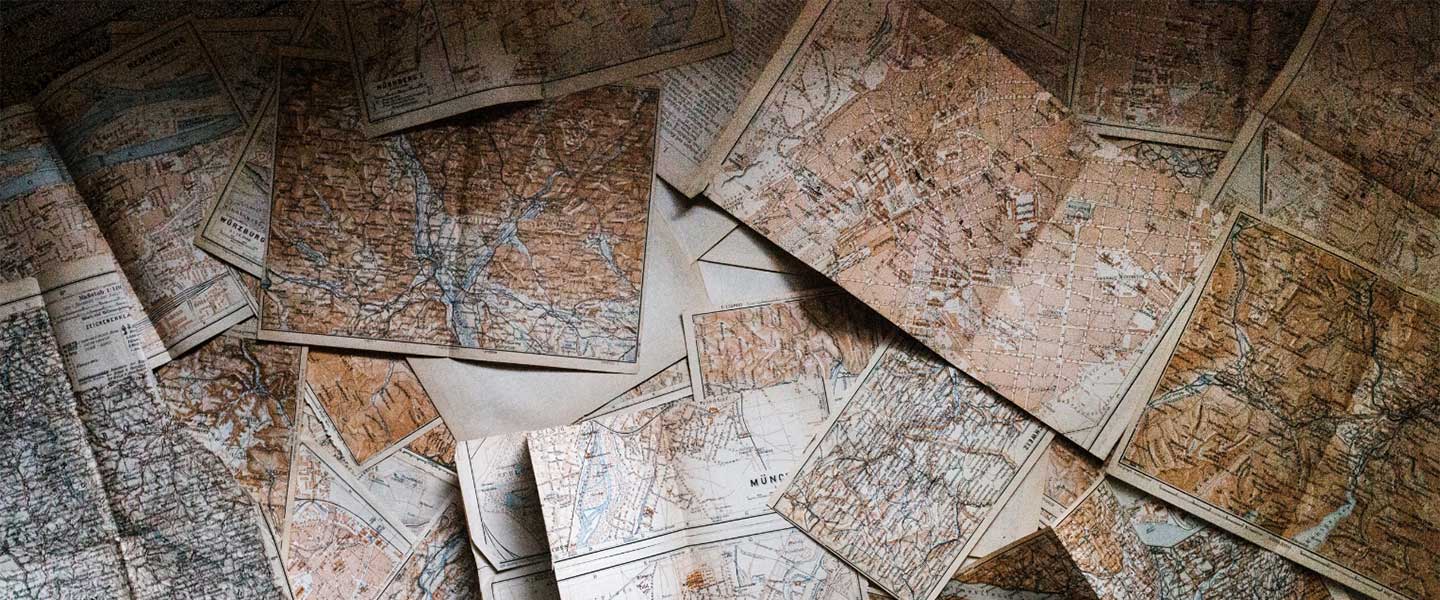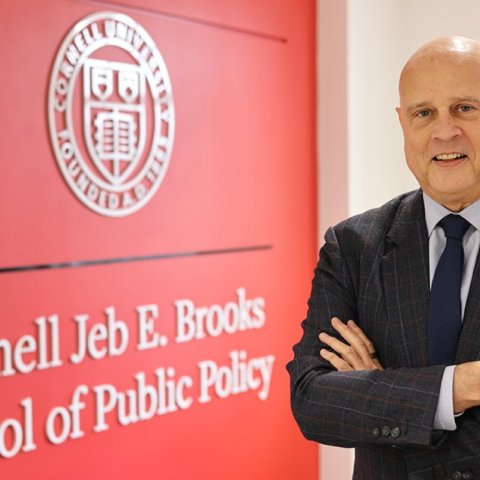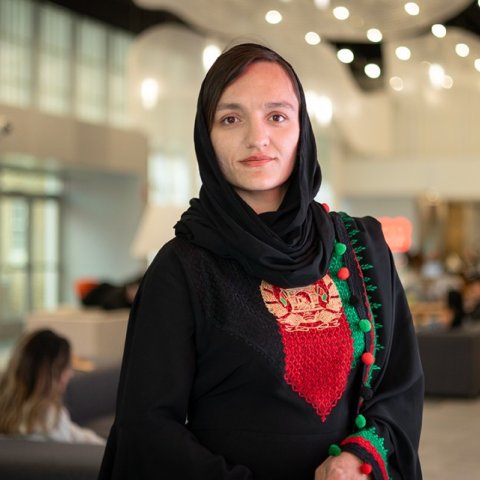Cornell Chronicle
The shipping industry dramatically cut sulfur emissions, resulting in diminished cloud cover over the oceans. This caused a global temperature spike in 2023.
Source
Turning aquatic vegetation near agricultural land into compost simultaneously eradicates habitat for disease-carrying snails while improving agricultural output and increasing incomes in northern Senegal, Cornell researchers have found.
Source
Tom Garrett, Einaudi Center Lund Practitioner in Residence for fall 2024, brought real-world events and scenarios into classroom conversations, informed by his own decades of experience promoting democracy.
Source
The Brooks Tech Policy Institute has received $3 million from the Department of Defense to establish the U.S. Semiconductor Research Hub, which will assess and improve the resilience of the global network of semiconductor infrastructure.
Source
As one of the first female mayors in Afghanistan, Zarifa Ghafari became a target of the Taliban - now at Cornell, she continues her fight against the oppression of Afghan girls and women.
Source
A global analysis by Cornell researchers found that recycling all the human and livestock feces and urine on the planet would contribute substantially to meeting the nutrient supply for all crops worldwide, thereby dramatically reducing the dependency on fossil fuels.
Source
Even before she took office in 2019, Zarifa Ghafari – the youngest and one of the only female mayors to serve in Afghanistan – became a target of the Taliban. She survived multiple assassination attempts, and in 2020, her father was fatally shot outside his home.
Source
Many individuals seeking asylum in the United States show increased stress and pain symptoms that are associated with indications of cardiovascular disease, according to Weill Cornell Medicine researchers.
Source
A small delegation of Cornell faculty, staff and students attended COP29 in Baku, Azerbaijan in November, where they advocated for cross-cutting partnerships to help countries achieve climate goals.
Source
Faculty from the Department of Public & Ecosystem Health in the Cornell University College of Veterinary Medicine, in partnership with the University of Pretoria in South Africa, have received an NIH P20 grant to establish the Center for Transformative Infectious Disease Research on Climate, Health and Equity in a Changing Environment (C-CHANGE).




